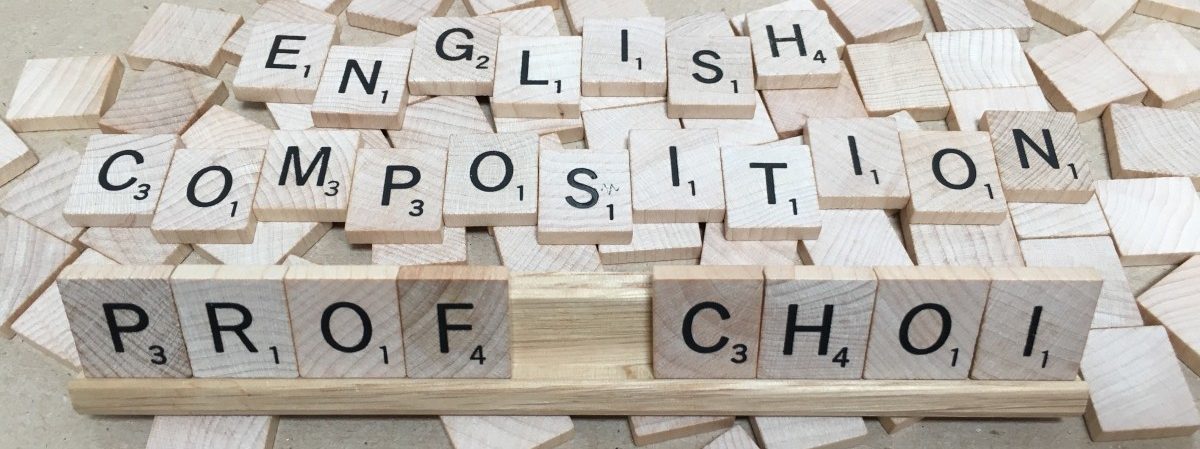Today’s class was devoted to the peer review workshop for the Personal Narrative essay. Students must complete the Peer Review worksheet started in class and return it back to his/her partner by Wednesday, 9/26. Please let me know if you do not receive this worksheet back by then.
Homework
1) Revise Personal Narrative essay based on Peer Review workshop. Essays are due in class on Wednesday, 10/3 at the beginning of class.
I strongly recommend that everyone make an appointment with a tutor at the Learning Center as you go about revising your essays. This will help you to earn a higher grade. Bring the assignment sheet and your draft to your tutoring session.
Note, on 10/3, you must turn in the following, paper clipped together in the order stated below (do not hand them in loose):
a) a paragraph that briefly states what your story is about, how you characterized your neighborhood, the role of your neighborhood in the story in changing/shaping you, and the lesson/insight you want readers to get from reading your story
b) final draft
c) the inspiration photo
d) the feedback sheet filled out by your group member during the workshop (if you participated)
e) a signed slip from your Learning Center tutor that you attended a session (if applicable)
Also, make sure you follow the directions for properly formatting your paper (see the syllabus). Your paper will not be accepted if you are missing any of the above materials or if you do not follow the appropriate guidelines for formatting papers (margins, heading, spacing, font, etc.).
2) Print and read all of the readings in Unit 3 for 9/26. (**NOTE: The third reading on “Thesis Statements” is a one-page PDF with links to 5 additional readings (which you must also print and read).
3) REMINDER: Summary and reading response for New York Times article is due on Monday, 10/1.
4) Do the readings for Topic 3. Verb Tense & Who vs. Whom in our Grammar Guide. The next quiz will be during Week 7. Please ensure you do the readings and the practice examples, especially if you’ve been getting low quiz marks. Bring any questions you have to class prior to the quiz.



